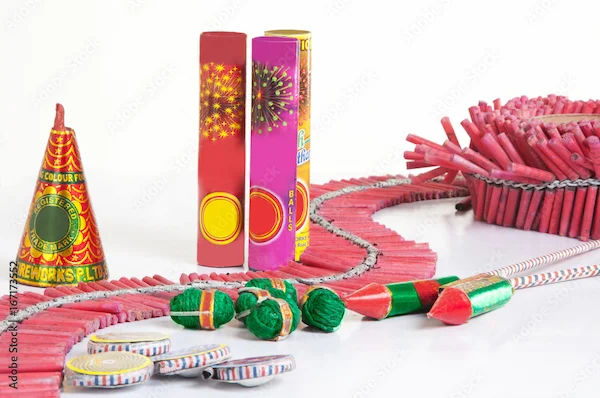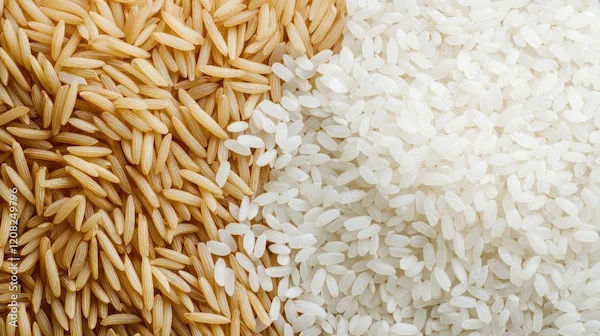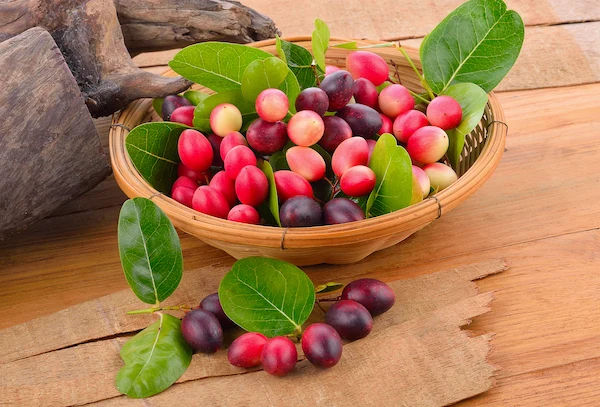Lemon Juice Myths About Kidney Stones
Is lemon juice really effective for kidney stones? Discover the facts behind common myths, the science of citric acid, and how to safely use lemon juice for kidney stone prevention.


Introduction
Kidney stones are a painful and common condition that affects many people. If you’ve ever experienced them, you know how uncomfortable they can be. Over time, various home remedies have been suggested to prevent or treat kidney stones, with lemon juice being one of the most popular. But is lemon juice as effective as people claim? Let’s separate fact from fiction and understand the truth about lemon juice and kidney stones.
What Are Kidney Stones?
Kidney stones are hard deposits made of minerals and salts that form inside your kidneys. They can vary in size; some are as small as a grain of sand, while others can grow as large as a pebble. When these stones move through your urinary tract, they can cause severe pain, nausea, and difficulty urinating.
Common Symptoms of Kidney Stones
Sharp pain in the back, side, or lower abdomen
Painful urination
Frequent urge to urinate
Cloudy or foul-smelling urine
Nausea and vomiting
Blood in the urine
The Lemon Juice Myth: Does It Really Help?
One of the most widespread beliefs is that drinking lemon juice can dissolve kidney stones or prevent them from forming. While there is some truth to this, it’s not a cure-all solution. Let’s break it down:
The Science Behind Lemon Juice and Kidney Stones
Lemon juice contains citric acid, which can help in two ways:
1. Prevents Calcium-Based Stones: Citrate binds with calcium in the urine, reducing the formation of calcium oxalate stones (the most common type).
2. Breaks Down Small Stones: Citric acid may help break down tiny stones before they grow larger.
However, lemon juice cannot dissolve large kidney stones—only medical treatments like shock wave therapy or surgery can do that.
Common Myths About Lemon Juice and Kidney Stones
Myth 1: Lemon Juice Can Completely Dissolve Kidney Stones
Fact: While lemon juice may help prevent small stones, it cannot dissolve existing large stones.
Health topic carousel:
Doctor's speciality: kidney specialist
Text: Consult a top nephrologist for the best advice
Myth 2: Drinking Lemon Juice Alone Will Cure Kidney Stones
Fact: Prevention requires a combination of hydration, diet changes, and sometimes medication.
Myth 3: More Lemon Juice Means Faster Results
Fact: Excessive lemon juice can erode tooth enamel and cause stomach issues. Moderation is key.
How to Use Lemon Juice for Kidney Stone Prevention?
If you want to use lemon juice as a preventive measure, here’s how to do it safely:
Mix ½ lemon juice in a glass of water and drink it once or twice daily.
Stay hydrated—drink at least 8-10 glasses of water per day.
Avoid excess salt and processed foods, as they increase stone risk.
Other Effective Ways to Prevent Kidney Stones
1. Drink Plenty of Water: Dilutes urine and prevents mineral buildup.
2. Reduce Sodium Intake: High salt increases calcium in urine.
3. Limit Oxalate-Rich Foods: Spinach, nuts, and chocolate can contribute to stones.
4. Eat Calcium-Rich Foods: Helps bind oxalates in the gut.
5. Avoid Too Much Animal Protein: Red meat and seafood increase uric acid stones.
When to See a Doctor?
While lemon juice and lifestyle changes can help, you should consult a doctor if:
You experience severe pain or blood in urine.
You have frequent kidney stones.
Home remedies aren’t providing relief.
At Apollo 24|7, you can book a consultation with a urologist or schedule a kidney function test to assess your risk. Early detection and proper treatment can save you from unnecessary pain.
Conclusion
Lemon juice can be a helpful addition to your diet for kidney stone prevention, but it’s not a magic cure. Staying hydrated, eating a balanced diet, and consulting a doctor when needed are the best ways to keep kidney stones at bay.
If you’re concerned about kidney stones, Apollo 24|7 is here to help. Book an appointment today and take the first step toward better kidney health!
Health topic carousel:
Doctor's speciality: kidney specialist
Text: Consult a top nephrologist for the best advice




.webp)